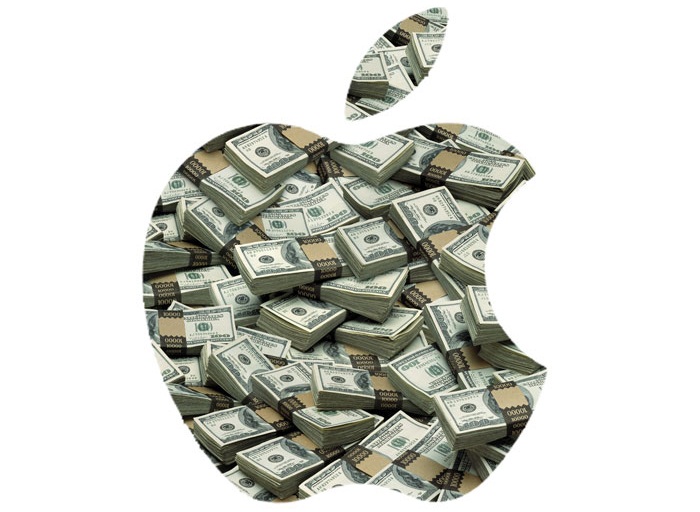

Apple, the world’s most valuable company, puts in plenty of effort to avoid paying taxes on its fortunes, according to a story published in the New York Times.
Apple’s headquarters are in Cupertino, California, but it uses Braeburn Capital, its subsidiary in Reno, to work the company’s accounting, as in Nevada the corporate tax rate stands at zero. In comparison, neighbouring California’s corporate tax rate is 8.84 percent.
This is just one of the ways Apple avoids paying taxes on its record profits. Another tactic is called “Double Irish With a Dutch Sandwich”, and involves transfer of money to the Caribbean through Ireland and the Netherlands. According to the report, the amount of money Apple saved on taxes by employing various accounting tricks last year stood at around $2.4 billion (£1.48bn).
Apple’s corporate strategy involves using subsidiaries in low-tax locations like Ireland, the Netherlands, Luxembourg and the British Virgin Islands to lower its tax bill.
According to the New York Times, over the last two years, the 71 technology companies in the Standard & Poor’s 500-stock index — including Apple, Google, Yahoo and Dell — reported paying worldwide cash taxes at a rate that, on average, was a third less than other S&P companies.
A former treasury department economist Martin Sullivan estimates that without the magic of accounting, Apple’s federal tax bill would be $2.4 billion higher.
In 2006, Apple established a subsidiary named Braeburn Capital to manage and invest the company’s cash in Nevada. Not only does it help the company avoid paying corporate tax, it also allows Apple to lower its taxes in other states — including Florida, New Jersey and New Mexico — because many of those jurisdictions use formulas that reduce what is owed when a company’s financial management occurs elsewhere.
Dozens of other companies, including Cisco, Harley-Davidson and Microsoft, have also set up Nevada subsidiaries that bypass taxes in other states. Another popular destination for remote accounting is Delaware, where the situation is similar.
Meanwhile, California, where Silicon Valley is located, is facing a budget crisis, with a $9.2 billion (£5.66bn) deficit and severe cuts to healthcare and education.
Apple has also created two Irish subsidiaries – today named Apple Operations International and Apple Sales International. The Irish government offered the US company tax breaks in exchange for jobs. As a result, in 2004, Ireland, a nation of less than 5 million, was home to more than a third of Apple’s worldwide revenues.
Tax experts say that strategies like the Double Irish help explain how Apple has managed to keep its international taxes to 3.2 percent of foreign profits last year, to 2.2 percent in 2010, and in the single digits for the last half-decade.
In a statement to New York Times, Apple said it “has conducted all of its business with the highest of ethical standards, complying with applicable laws and accounting rules.” The statement also said the company “pays an enormous amount of taxes, which help our local, state and federal governments,” and added that Apple is proud of its contributions.
How much do you know about the iPhone’s rivals? Take our quiz!
Chinese rival BYD overtakes global revenues of Elon Musk's Tesla, as record number of Tesla…
Messaging app Signal in the headlines after a journalist was invited to a top secret…
OpenAI chief operating officer Brad Lightcap to oversee international expansion as company consolidates lead in…
Chinese researchers publish details on device that could wreak havoc on undersea communications cables in…
Former Intel chief Gelsinger expands role at Gloo, becoming executive chairman and head of technology…
MEPs add to Commission pressure for second EU Chips Act amidst industry calls for renewed…